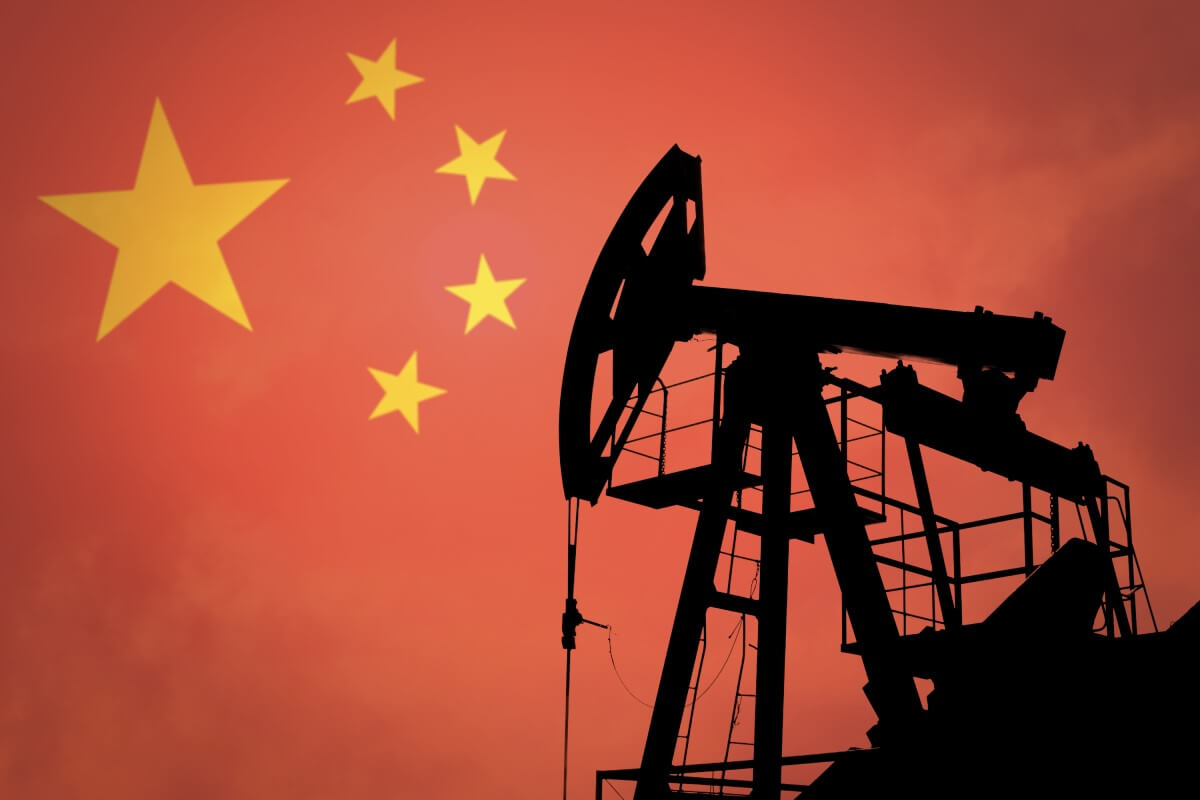
China and India Demand to Boost Trading Oil Markets
In today’s dynamic economic landscape, trading oil has become a captivating and lucrative venture for investors worldwide. As the energy demand continues to rise, the oil market presents numerous opportunities for those keen on capitalizing on its fluctuations. This article delves into the world of oil trading. Moreover, we’ll highlight the significance of fractional distillation of crude oil and explore the role of emerging markets, such as China, in shaping the future of this global commodity.
Understanding Fractional Distillation of Crude Oil
Crude oil, a complex mixture of hydrocarbons extracted from the Earth’s depths, undergoes a process known as fractional distillation to yield various petroleum products. This method involves heating the crude oil in a distillation column. Therefore, it separates into different fractions based on their boiling points. These fractions include gasoline, diesel, jet fuel, lubricants, and many more.
The global oil demand is expected to experience a substantial increase in 2023, surpassing the previous year’s growth rate. The agency predicts a rise of 2.4 million barrels per day, slightly higher than the 2.3 million bpd increase seen in the previous year. Significantly, the report highlights that China alone accounts for 60% of this growth. Furthermore, it emphasizes the nation’s influence on the global oil market.
Fractional distillation enables the refining industry to extract specific components from crude oil, catering to diverse consumer demands. It plays a pivotal role in the oil trading market, as each fraction holds its unique value and market dynamics. Understanding this process is essential for crude oil traders who aim to navigate the intricacies of the industry successfully.

The Influence of China and the Crude Oil Forum
China, the world’s largest consumer of oil, has emerged as a key player in the global energy market. With its rapidly growing economy, the country’s demand for energy resources, including Chinese oil, continues to surge. Chinese policymakers have been actively seeking partnerships with major oil-producing nations to secure their energy needs.
Moreover, the establishment of a crude oil forum, where industry experts, traders, and analysts convene to discuss and forecast crude oil prices, has become a significant platform for understanding market trends. This forum facilitates dialogue on emerging supply and demand patterns, geopolitical factors, and technological advancements that impact the oil market.
The Ever-Persistent Significance of Oil
As the world grapples with energy transitions and shifts towards cleaner alternatives, the significance of trading oil persists. The process of fractional distillation of crude oil remains at the core of this industry. It provides the foundation for refining and trading various petroleum products. As of Tuesday morning in Asia, the global benchmark Brent crude oil saw a rise of 0.46%. It reached $74.52 per barrel. Concurrently, the U.S. West Texas Intermediate (WTI) futures exhibited a 0.55% increase, standing at $69.75 per barrel. These figures indicate the market’s response to the growing demand and reinforce the positive outlook for oil trading.
Furthermore, emerging markets, particularly China, continue to play a vital role in shaping the oil trading landscape. The immense demand for Chinese oil and the establishment of platforms like the crude oil forum reinforce the importance of staying informed and agile in this ever-changing market.
For investors and crude oil traders, it is essential to stay abreast of industry developments, leverage technological advancements, and adapt to shifting dynamics. By capitalizing on opportunities presented by emerging markets and understanding the nuances of fractional distillation, one can navigate the world of oil trading and unlock its potential.




